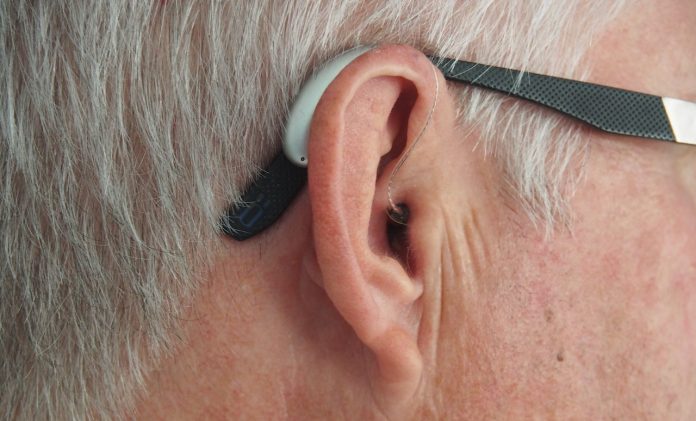Many older adults can no longer hear clearly. They may find it difficult to hear certain people or struggle to hear in crowds. For many, hearing aids will be the solution needed to address their hearing loss. This hearing loss is known as presbycusis, and regular hearing tests can detect presbycusis so treatment can begin before the condition progresses.
The Benefits of Hearing Aids
While some older adults with hearing loss do not seek treatment, hearing aids can significantly improve hearing ability for many people. Hearing aids work by amplifying sounds to make them louder and clearer. The latest digital hearing aids can be precisely programmed and adjusted for an individual’s specific type and degree of hearing loss. Many people express concern over hearing aid costs, but they need to consider the cost of not getting these devices.
Advanced hearing aid technology provides features like noise reduction, feedback cancellation, and directional microphones to improve speech understanding in noisy environments. Hearing aids that connect wirelessly to smartphones or other media devices also help amplify sounds for better listening. Getting properly fitted for hearing aids is key, as they will only be effective if they compensate for one’s hearing deficit. With appropriate hearing aids and rehabilitation, many older adults can regain lost communication abilities.
What Causes the Loss of Hearing?
There are several factors that contribute to age-related declines in hearing. Many changes take place in a person’s ear as they age. In addition to these physiological changes, presbycusis is influenced by lifetime noise exposure, medical disorders such as hypertension, cardiovascular disease or diabetes, ototoxic medications, and genetic susceptibility. Environmental insults accumulate over time and exacerbate the effects of aging on hearing.
The presentation of age-related hearing loss varies, but commonly includes high-frequency hearing impairment, difficulty understanding speech, and reduced speech perception in noisy environments. Loss of high-frequency hearing, important for consonant sounds, impedes speech comprehension even in ideal listening settings. When combined with deficits in the central auditory pathway, these changes interfere with filtering meaningful speech from competing signals. Hearing loss often progresses gradually and symmetrically in both ears.
Why Does Hearing Loss Often Go Undetected?
Many older adults do not recognize the extent of their hearing loss or seek treatment. Those who do pursue intervention may benefit from hearing aids, assistive listening devices, captioning, and communication strategies. Hearing aids amplify sounds and improve hearing ability in most cases of age-related hearing loss. Hearing aids programmed specifically for the amount and type of hearing loss are most effective. Compliance with hearing aid use, however, remains an issue, as some older patients find them difficult to adjust to or have trouble manipulating the devices.
Untreated hearing loss can promote social isolation, depression, reduced awareness of environmental hazards, and even cognitive decline. It strains communication and relationships with family members. However, timely assessment and intervention can improve hearing function, communication, and quality of life.
Age-related hearing loss is one of the most manageable conditions of old age. Increased public awareness, routine hearing screening, and access to hearing health services are important steps in supporting the hearing health of a rapidly growing senior population. With appropriate support, hearing loss does not have to be an inevitable consequence of aging. Maintaining communication and participation in meaningful activities well into the senior years is an achievable goal.







